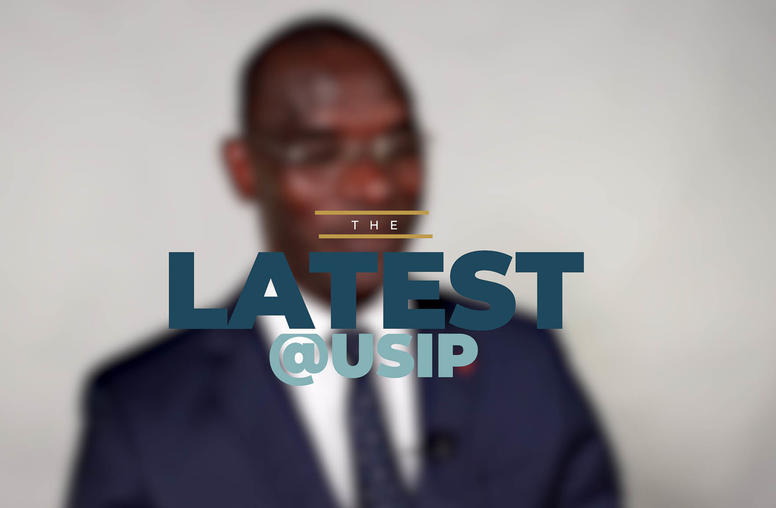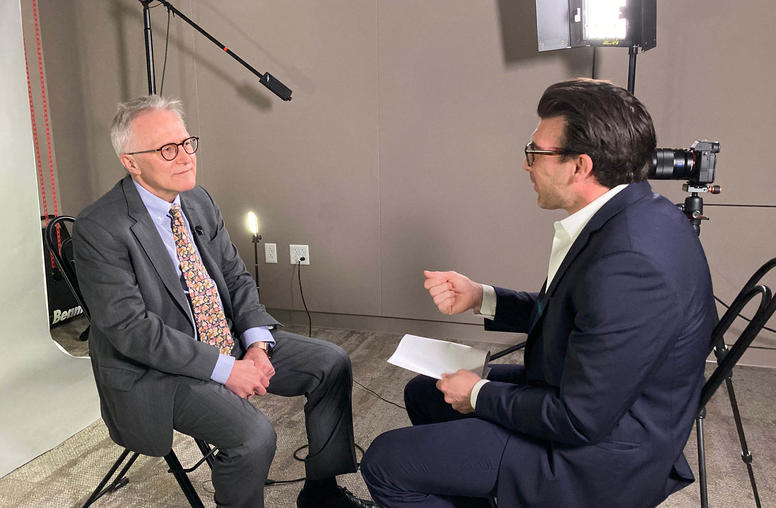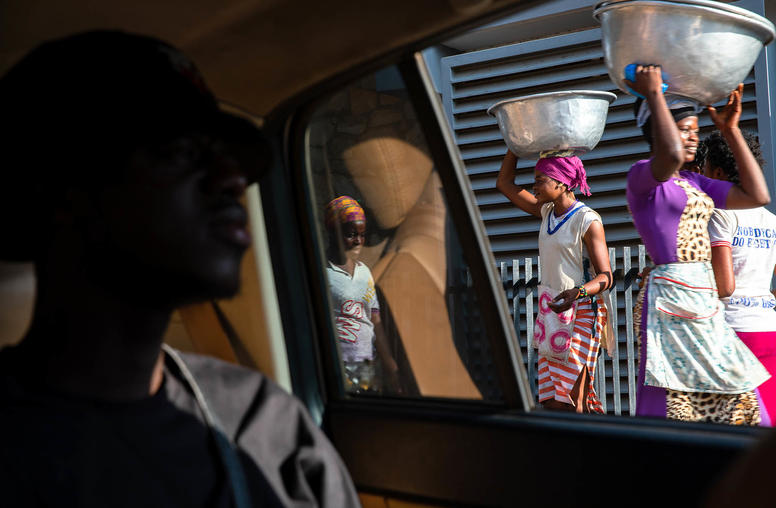Commission of Inquiry: Côte d’Ivoire
Commission of Inquiry: Mediation Committee for National Reconciliation
Duration: 2000 – 2001
Charter: Presidential Decree
Commissioners: 28
Report: No report
Commission of Inquiry: Mediation Committee for National Reconciliation (Le Comité de Médiation pour la Réconciliation Nationale)
Dates of Operation: November 20, 2000 – at least April 2001 (at least 5 months; exact dates unknown)
Background: In December 1999, former head of the Côte d’Ivoire armed forces, Robert Gueï, seized power in a coup. Gueï amended the constitution in July 2000 to require that presidential candidates be born of Ivorian born parents, eliminating Alassane Ouattara, Laurent Gbagbo’s opponent, because it was argued that Ouattara’s parents were not Ivorian. This added to building tensions between Ouattara’s support base in the north, who were predominantly immigrants from Burkina Faso, and the government controlled south in the run up to the October 2000 presidential election. Gueï attempted to be declared the winner of the election, and the violence that resulted led to deaths in the suburbs of Abidjan. Laurent Gbagbo was declared the victor and appointed the Mediation Committee for National Reconciliation to examine the killings.
Charter: Presidential Decree, November 20, 2000
Mandate: The Mediation Committee for National Reconciliation was initiated to investigate post-electoral violence in Abidjan that claimed the lives of 171 citizens October 24-26, 2000.
Commissioners and Structure: The Mediation Commission was comprised of twenty-eight members from government offices, the military, civil society, and religious leaders. It was chaired by Ombudsman Mathieu Ekra. The Vice-President was Mr. Lancina Konaté, a businessman, and Professor Ouraga Obou, dean of the law faculty of the University of Cocody was the Secretary General of the committee.
Report: A report was not issued.
Findings:
Recommendations
- A report was not issued. During the course of its operations, the Committee issued a statement to recommend the postponement of legislative elections scheduled in December 2000 in order to maintain “social peace”.
Subsequent Developments:
Reforms
- The committee’s call to report the December 2000 elections remained unheeded and then President Gbagbo declared a state of emergency to conduct the elections. Gbagbo’s party won the elections, which were boycotted by Alassane Ouattara’s supporters.
- The Committee initiated a National Reconciliation Forum (Forum de la Réconciliation Nationale), which was held from October 9 – December 18, 2001 and temporarily reduced tensions. Chaired by Mathieu Ekra, political leaders at this Forum acknowledged the Ivorian nationality of Alassane Ouattara as well as the legitimacy of the government of Laurent Gbagbo.
- Violent conflict erupted in September 2002 after an attempt to overturn President Gbagbo. UN and French peacekeepers were deployed and the Linas-Marcoussis peace agreement of January 2003 established another International Commission of Inquiry led by the UN Office of the High Commissioner for Human Rights.
- In May 2004, the UN Security Council asked the Secretary-General to establish a second international commission of inquiry to investigate all human rights violations committed in the country since September 19, 2002 and to determine responsibility.
Sources:
"La Crise En Côte d'Ivoire: Chronologie." La Documentation Française. Available at http://www.ladocumentationfrancaise.fr/dossiers/cote-divoire/chronologie.shtml (accessed June 27, 2008).
Nielbien, Jean Baptiste. Rapport De Synthèse Et Bilan Du Secrétaire Général De La FECI: Septembre 1997 à Juin 2003Fédération Evangélique de Côte d’Ivoire, 2003. Available at http://lafeci.free.fr/archives1.htm (accessed June 27, 2008).



